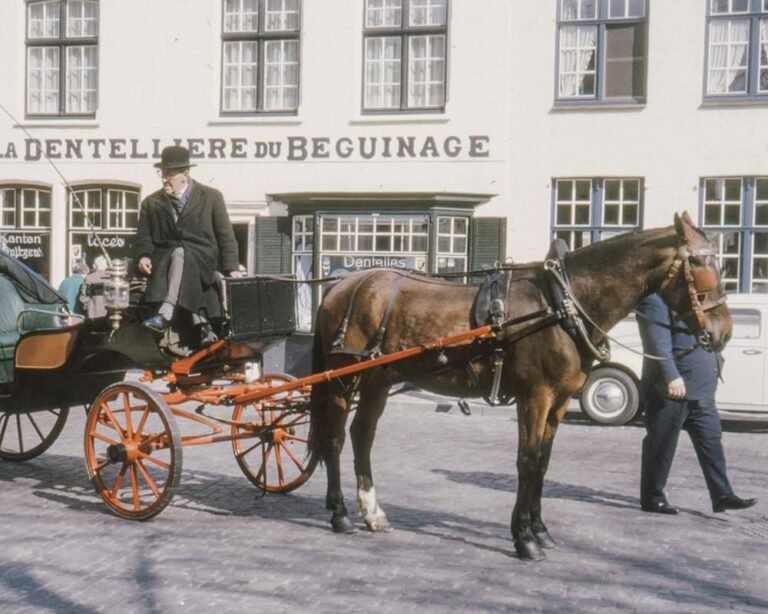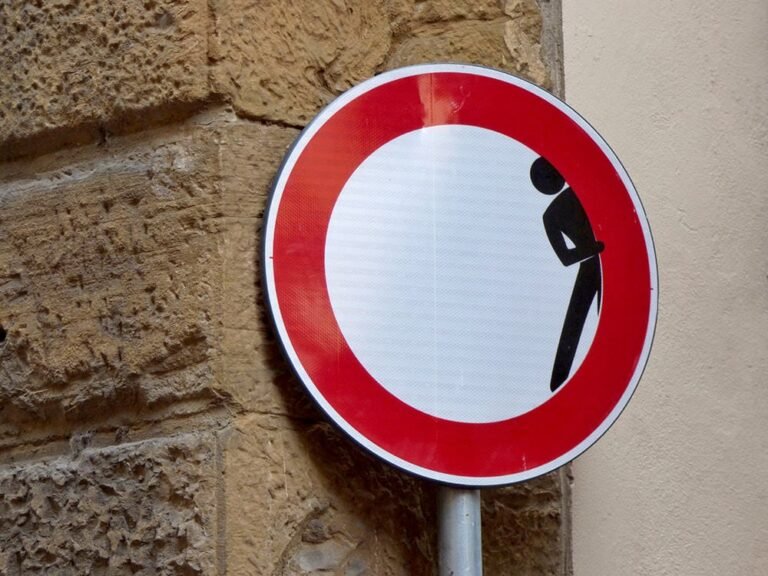chargé
The French adjective “chargé” has several meanings and can be used in various contexts. Amongst others, it can mean “loaded,” “busy,” “charged” and “heavy.” Here are some usage examples: Etymology of “charger”

The French adjective “chargé” has several meanings and can be used in various contexts. Amongst others, it can mean “loaded,” “busy,” “charged” and “heavy.” Here are some usage examples: Etymology of “charger”

The French adjective “prochain” means “next.” Like most adjectives, it is usually placed after the noun it describes, but not always. Let’s find out how the position of “prochain” can vary. Why do you say “la semaine prochaine” (next week) but you also say “les deux prochaines semaines” (the next two weeks)? In the first…

English contains a lot of adjectives of French origin. One of the features of these adjectives is that they have come from the feminine version of the French adjective, not the masculine version, which is normally the default. That’s because the feminine version of any French adjective is usually easier for English speakers to pronounce. It…

French words that end in the letters “al” can be a trap for learners. That’s because in the plural, they change their spelling to “aux.” The classic example is “un cheval,” which in the plural becomes “des chevaux.” But this applies to every single noun and adjective ending in the letters “al.” Nouns are relatively…

Colours in French are adjectives. They are placed after the noun they describe. So a blue sky is “un ciel bleu.” They must also agree in number and gender with the noun they describe. So “purple flowers” would be “des fleurs violettes.” Colour Masculine Feminine black noir noire white blanc blanche red rouge rouge blue…

The French adjective “fou” (masculine) and “folle” (feminine) mean “crazy” or “mad.” Meanings: Etymology: The etymology of “fou, folle” can be traced back to Latin. The word “follis” in Latin originally meant “bellows” or “windbag,” and over time, its meaning evolved to include “empty-headed” or “silly.” In Old French, around the year 1100 AD, “fol”…

The French word “rigolo” can be either an adjective (meaning “funny”) or a noun (meaning “a funny person”). The Adjective “Rigolo”: Masculine and Feminine Forms: The masculine singular adjective “rigolo” becomes “rigolote” in the feminine singular in French. Etymology: The word “rigolo” comes from the verb “rigoler,” which means “to laugh” or “to have a…

“Pareil” is a French word that can be used either as an adjective, a noun or an adverb. Adjective As an adjective, “pareil” means “similar” or “such.” It must agree in number and gender with the noun it describes, just like any other French adjective. Its feminine form is spelled “pareille.” Noun “Pareil” can also…

The French adjective “maint” means “many,” “many a,” “numerous” or “manifold.” It is a little archaic and is most commonly used in a literary way, although some still use it in everyday speech. People tend to prefer more modern words such as “beaucoup,” “nombreux,” “plusieurs,” or more familiarly, “plein de.” As an adjective, “maint” must…

Meanings of “Conscient” Etymology of “Conscient” The word “conscient” has a Latin origin, derived from the Latin word “conscientia,” which means “knowledge” or “consciousness.” Over time, this Latin term evolved into the Old French “conscient,” maintaining its core meaning of awareness or consciousness. It is important to note that the word “conscience” in modern French…